THE YEAR THAT WAS
Reading Season: Daily Maverick’s picks for books of the year
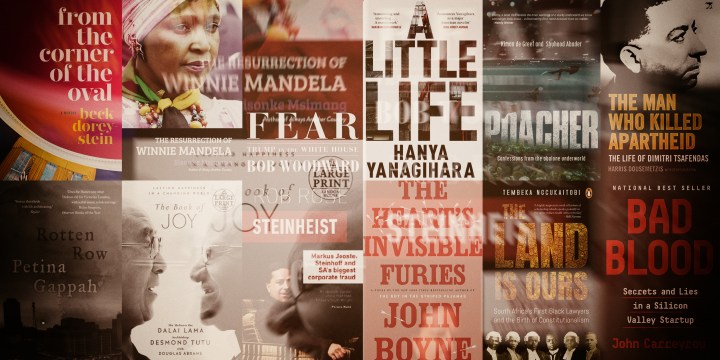
As 2018 winds to a close, Daily Maverick staffers pick the books which entertained, inspired, or intrigued them most this year – from a newly published biography of Hendrik Verwoerd’s killer Dimitri Tsafendas, to literary fiction and sci-fi.
STEPHEN GROOTES
The O.G. Political Analyst
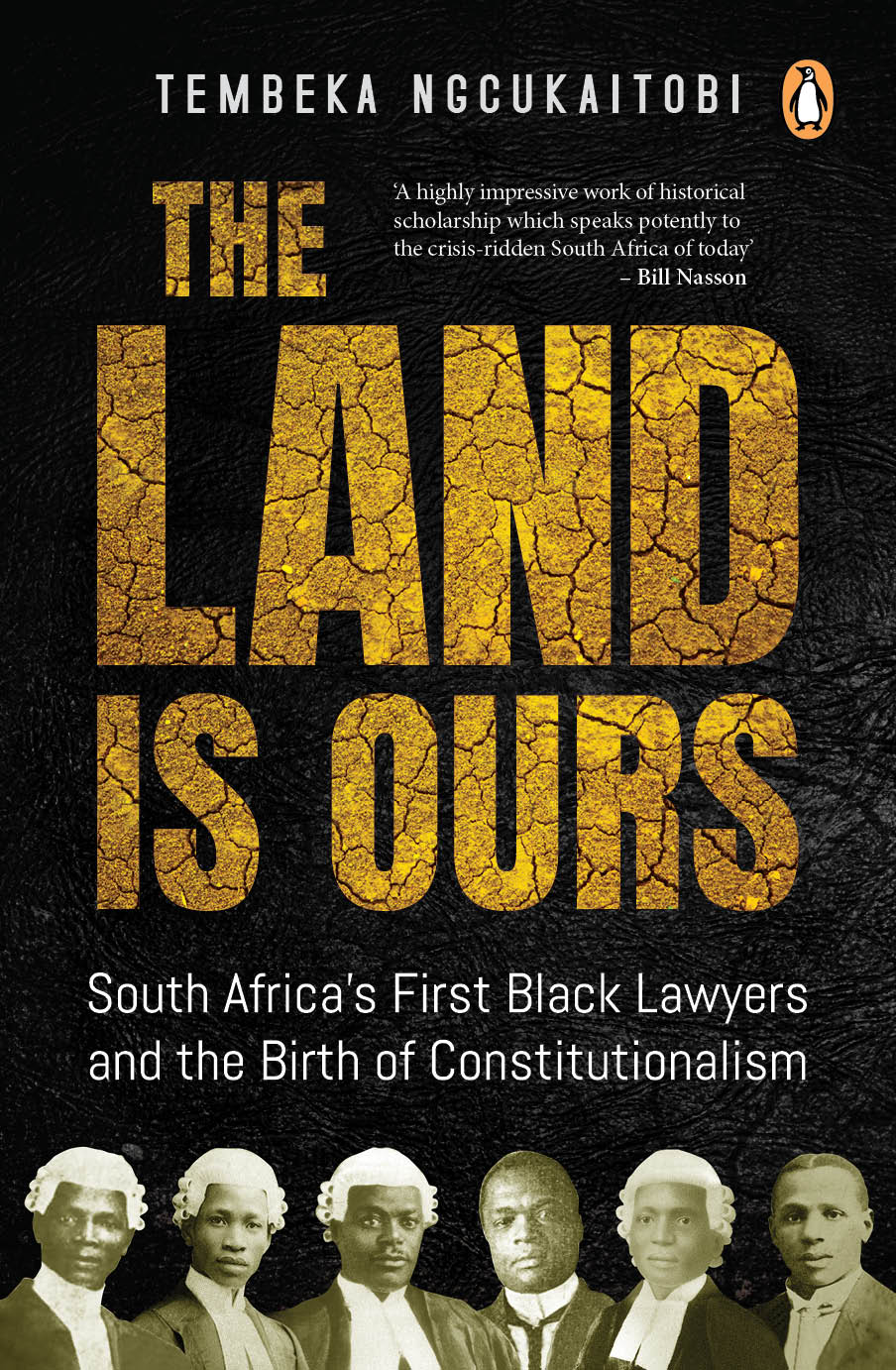
I don’t read a lot of current fiction, but I’ve just finished Peter F. Hamilton’s Salvation (Fiction, 2018). Hamilton is head and shoulders above just about every other science-fiction writer at the moment. While Alastair Reynolds may have an edge on the macabre and the difficult and sometimes unholy interface between human and machine, Hamilton’s characters and understanding of relationships are so much better. It’s a book full of the usual space opera, portals between different worlds, aliens and brain transplants. It’s all there. And the pacing is fantastic: it’s highly recommended.
Tembeka Ngcukaitobi’s The Land is Ours: Black Lawyers and the Birth of Constitutionalism in South Africa (Non-fiction, 2018) really is a detailed and well-written history of land and dispossession in South Africa. For those of a generation where South African history at school was taught only from a white perspective, it’s required reading.
FRAN BEIGHTON
Maverick Insiders Boss-Lady
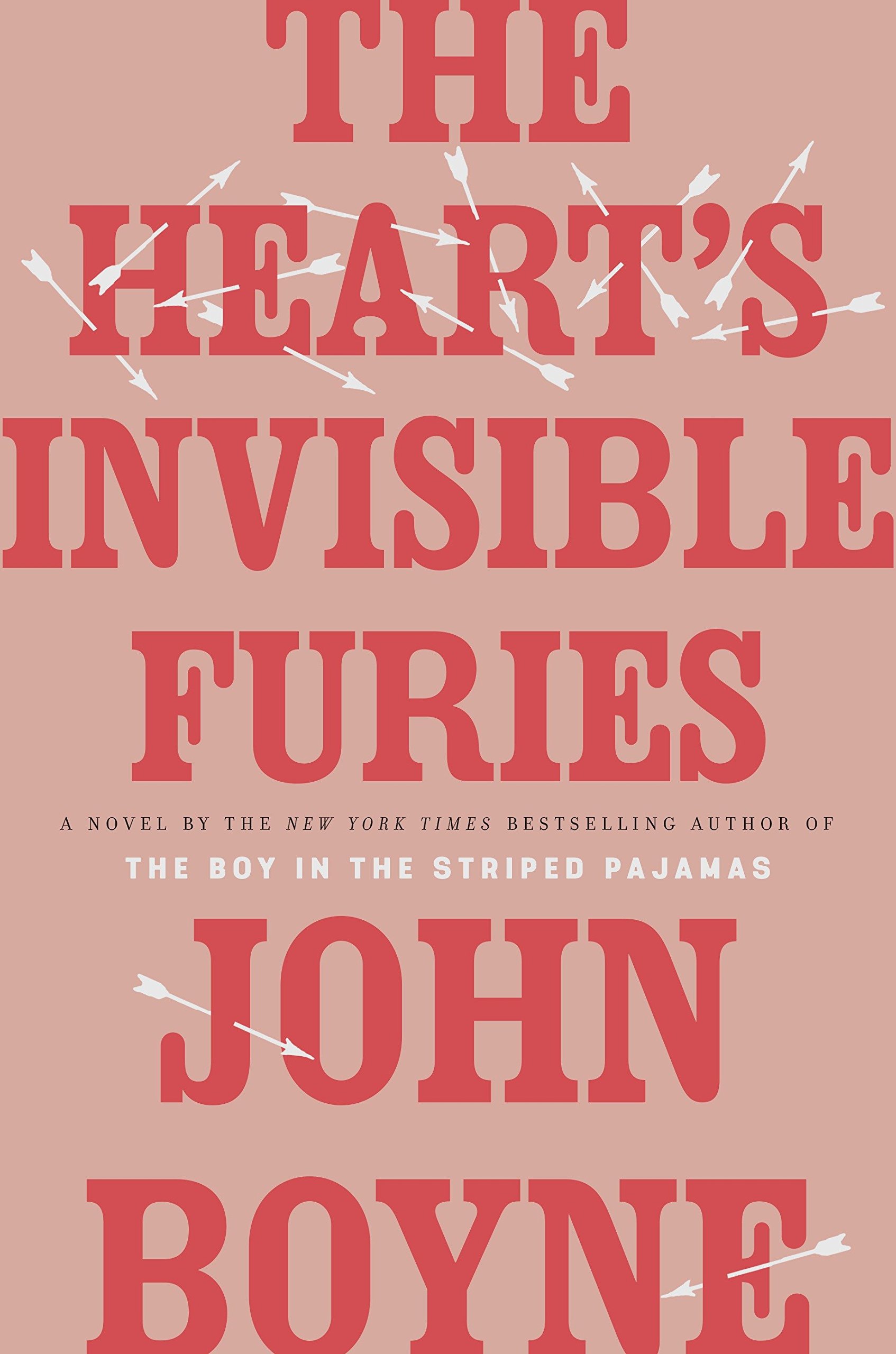
From the Corner of the Oval Office by Beck Dorey-Stein (Non-fiction, 2018)
Beck Dorey-Stein was an unemployed school teacher who answered an ad on Craigslist and ended up as a stenographer in Obama’s White House. I’m more than a little jealous. It’s effectively her diary – with West Wing excitement, Air Force One adventures, a couple of extra-marital affairs, some genuinely heart-wrenching moments and the odd hysterical anecdote.
The Heart’s Invisible Furies by John Boyne (Fiction, 2017)
I have rarely loved a book as much as this one. Boyne’s writing is so witty and intelligent, but it also left me with a new understanding of the dangers of “fear”. Not just for those who fear for themselves, but the power that lies within those who spread fear, and especially those who are too cowardly to stand up for others.
APHIWE NGALO
Daily Maverick Youth League Leader
These Things Really Do Happen To Me by Khaya Dlanga (Non-fiction, 2018)
Khaya Dlanga narrates his story in the manner of a friend. I love how his life mirrors my own, and probably many of us who grew up occupying so many different spaces.
Born A Crime by Trevor Noah (Non-fiction, 2016)
Trevor Noah’s book made me laugh till I cried. It also made me cry because of the pain he and his mother experienced. His book paints such a clear, real and true picture of South African life, and it tells you about how many grey areas we have as a country. The road to success is not straight, crime-free or simple.
SUNÉ PAYNE
Cape Town Justice-Seeker

Poacher: Confessions from the Abalone Underworld, by Kimon de Greef and Shuhood Abader (Non-fiction, 2018)
This book reads beautifully: it’s a mixture of Abader’s experience as a poacher, and De Greef’s context explaining why poaching started and what the picture actually looks like when you’re faced with poverty, police, gangs and a government that’s trying to fight abalone poaching. The book hasn’t received the attention it deserves. It’s truthful and doesn’t shy away from making you say: “How is this possible? I had no idea.”
Sorry, Not Sorry by Haji Mohamed Dawjee (Non-fiction, 2018)
The first chapter makes you shout: “Amandla!” Women of colour can’t write what they like – contrary to Biko’s belief. But we’re trying. And getting there, one disruptor at a time.
BROOKS SPECTOR
Walking Wikipedia
Petina Gappah’s Rotten Row (Fiction, 2016) is a beautifully interwoven collection of short stories that makes fine use of the author’s Zimbabwean origins and her career path as a lawyer. The interconnections slowly draw the reader into the universe the author has created, in a manner not totally different from the way Dickens or Balzac did with their literary universes.
Adrienne Sichel’s Body Politics (Non-fiction, 2018) is a deeply and warmly drawn history of contemporary and modern dance in South Africa – including portraits of many of the key movers in South Africa’s vigorous dance world. Drawn from decades of Sichel’s work as the country’s leading dance critic, it is a crucial part of the library of anyone interested in the shape of modern South African culture and the arts.
THOMAS VON ZAHN
Money Dude
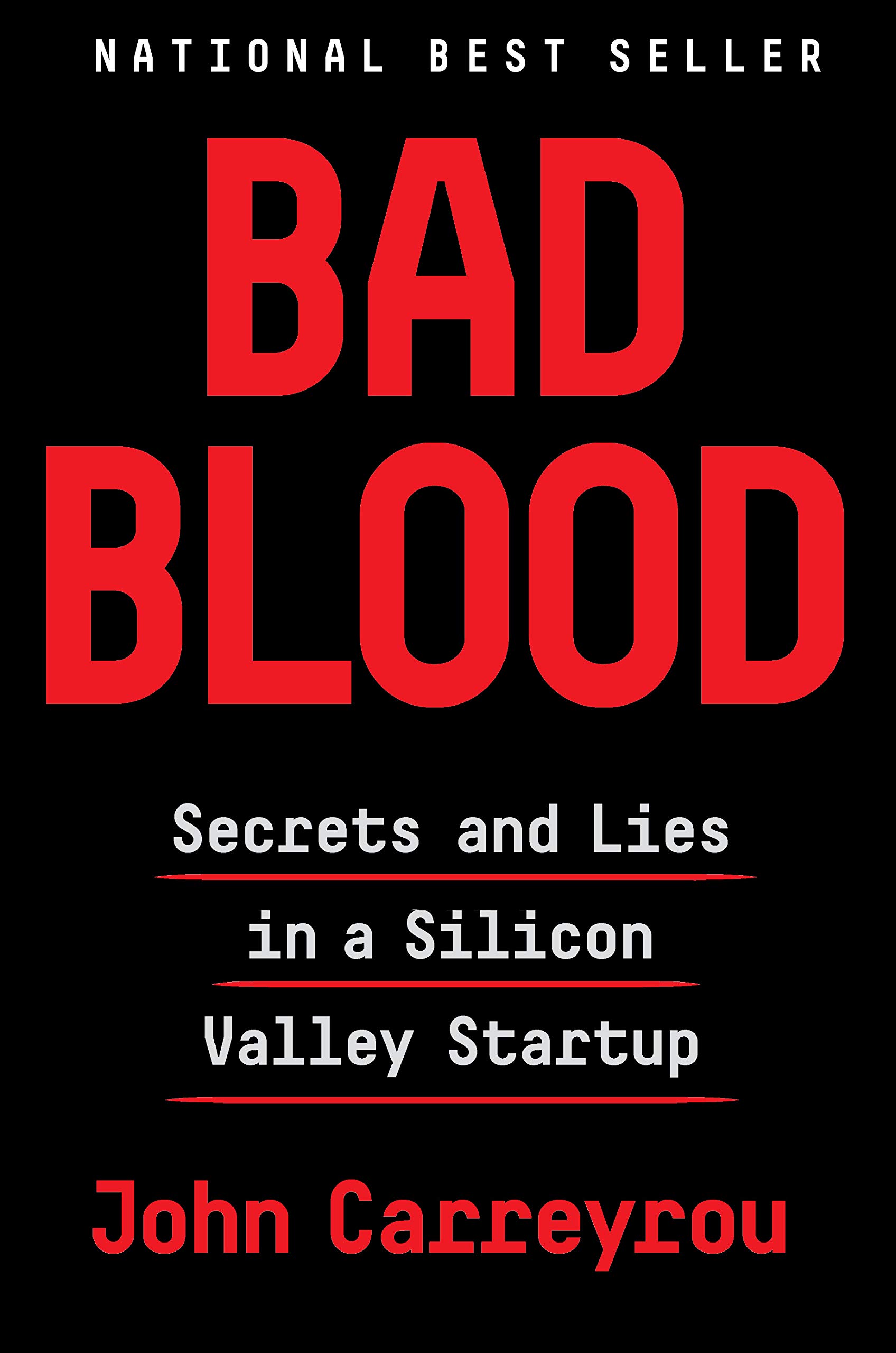
Bad Blood: Secrets and Lies in a Silicon Valley Startup by John Carreyrou (Non-fiction, 2018)
Who doesn’t like a good story about bullshit artists and flimflam-men-and-women getting taken out by intrepid, truth-seeking journalists? Daily Maverick editor Branko Brkic recently got me to read All the President’s Men by Bob Woodward and Carl Bernstein (Non-fiction, 1974), and there are some strong echoes between the two books in my mind. Carreyrou delivers really solid journalism and a mind-blowing story to boot.
Steinheist by Rob Rose (Non-fiction, 2018)
Elizabeth Holmes (the subject of Carreyrou’s book) is incredibly Markus Jooste-esque, and like Jooste, carried her entire business on the force of her personality. Rose’s book is more of a post-mortem of the Steinhoff scandal, but also fantastic and detailed investigative reporting.
CRYSTAL MCDONALD
Business Brain
The God of Small Things by Arundhati Roy (Fiction, 1997)
I first read this book at university, and the complex political struggles of India in the late 1960s was a subject that captured my interest at the time. I was advised to revisit this book 10 years later. Being a mom of two kids, I had a significantly different experience reading this. The book was filled with tragedy and highlighted the fragility of children and the complexity of motherhood in a world that was driven by status. Let’s just say I went to bed with cucumbers on my eyes!
How To Eat by Nigella Lawson (Non-fiction, new edition 2018)
Hey, this does count as reading! I have read this back to back, mastered a few dishes, received some harsh criticism from family members – but ultimately food is edible love.
PAULI VAN WYK
Johannesburg Corruption-Buster
I Am Pilgrim by Terry Hayes (Fiction, 2013)
As much a lesson in writing as it is a gripping read. I couldn’t put it down!
Steinheist by Rob Rose (Non-fiction, 2018)
The Steinhoff crash wiped an estimated R200-billion off the Johannesburg stock exchange. The majority of journalists do not have the skill, nor the insight, to understand the crisis, how it came about and – most important – how we were hoodwinked for so long. Rose gets you there.
RICHARD POPLAK
Gonzo Scoundrel
There were many superb political books published this year and last, but I can’t think of one more important than Authoritarianism and the Elite Origins of Democracy, by Michael Albertus and Victor Menudo (Non-fiction, 2017). The book convincingly lays out how most constitutions — South Africa’s very much included — were drafted with significant input from the authoritarian regimes they were ostensibly designed to replace. Required reading.
The French philosopher and mystic Simone Weil has been dead for over 70 years, but her work has enjoyed something of a resurgence in 2018. I suspect that like many new fans, I discovered in her political philosophy a sense of humanity and wonder that is utterly absent from postmodern post-discourse. And while she was a socialist, Weil understood that no social formation could survive if the primacy of individual rights and aspirations was undermined. “The intelligence is defeated as soon as the expression of one’s thought is preceded, explicitly or implicitly, by the little word ‘we’,” she wrote.
STYLI CHARALAMBOUS
Master of Daily Maverick Destiny
Self-Helpless by Rebecca Davis (Non-fiction, 2018)
In a country like ours, at a time like this, sometimes we need an injection of life’s joys to remind us of what it means to be human. Laughing with, and sometimes at, Rebecca’s search for purpose in this book is a palate-cleanser for the eff-ing realities of life.
JANET HEARD
Herder of Writer-Cats: Cape Town
The Thing Around Your Neck by Chimamanda Ngozi Adichie (Fiction, 2009)
Adichie is one of my favourite storytellers. In each of these short stories, she hooks you in right away, each and every time, evocatively and with such lyricism.
Southern African Muckraking: 300 Years of Investigative Journalism that Shaped the Region, edited by Anton Harper (Non-fiction, 2018)
This compilation brings home the role of journalists in holding power to account, and also highlights the risks that come with it. It includes a chapter on the disappearance of Tanzanian journalist Azory Gwanda, just over a year ago, and also another disappearance – in 1945 – of anti-fascism journalist George Heard, the grandfather I never got to meet.
EMILIE GAMBADE
Parisian Taste-Maker
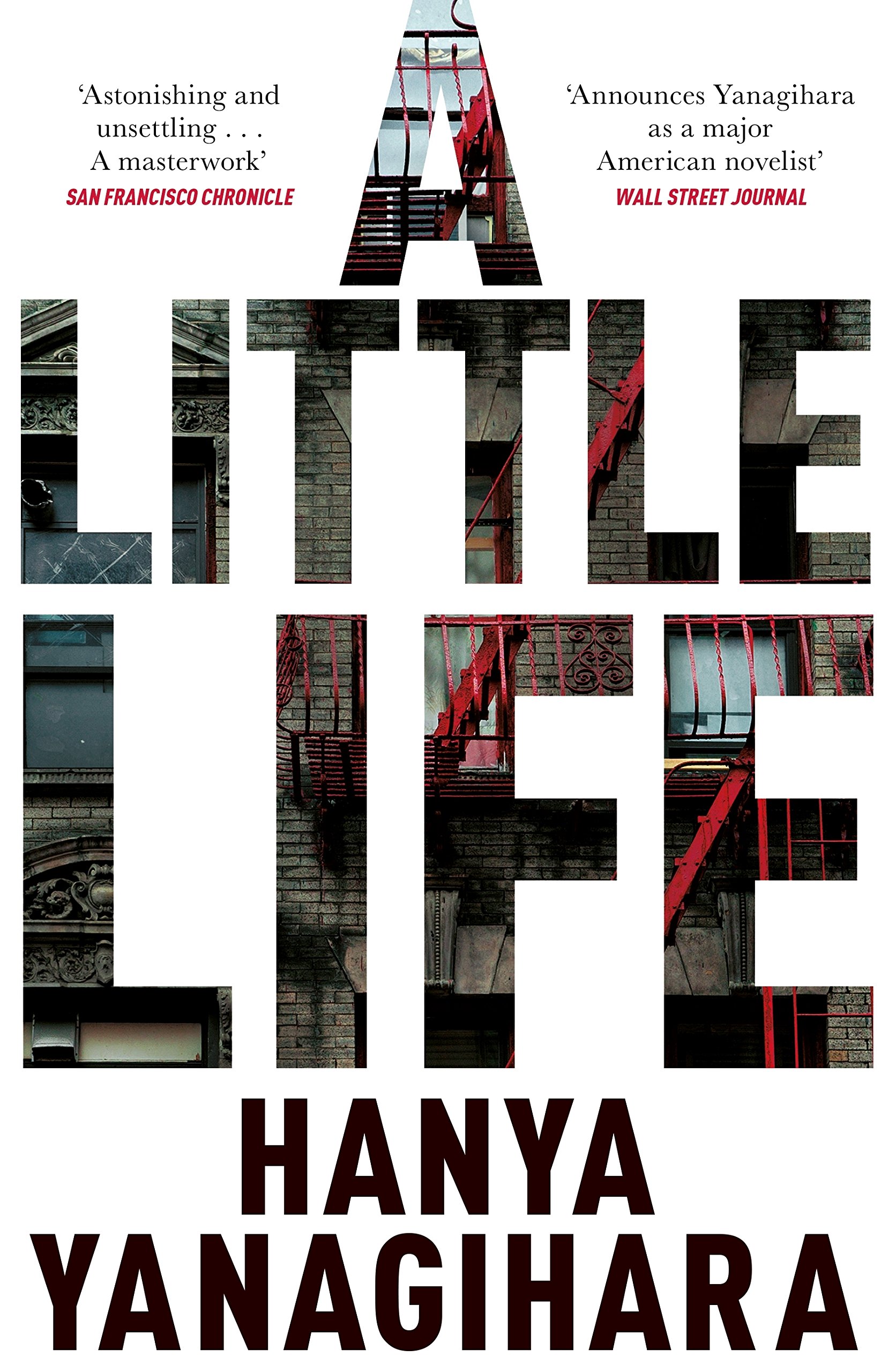
A Little Life by Hanya Yanagihara (Fiction, 2015)
A Little Life follows four young men in the USA as they leave college. It is a story about friendships: the ones we make early in life, that shape the adults we become; a story about love: deep, tender, abusive, complicated, unconditional; hopes and dreams and pain and death; and darkness hovering over life like an unwelcome shield. It seems impossible to put this book down – and to resist the tears.
MARIANNE THAMM
Professional Rabble-Rouser
The Man Who Killed Apartheid: The Life of Dimitri Tsafendas by Harris Dousemetzis with Gerry Loughran (Non-fiction, 2018)
The cover-up began shortly after Dimitri Tsafendas was dragged from the House of Assembly after knifing to death apartheid’s Grand Wizard, Hendrik Frensch Verwoerd, on the afternoon of 6 September 1966. There was no way the virulently anti-Communist, white minority regime was going to ‘fess up that its ruthless and feared security apparatus, led by the legendary General “Lang” Hendrik van den Bergh, had cocked up monumentally. So much so that Verwoerd, hero of the white new republic, was stabbed to death by a known and wanted Communist, Dimitri Tsafendas, who had made it into the heart of the beast: the very Parliament tasked with promulgating vicious apartheid laws.
Dousemetzis and Loughran, in this meticulous – and perhaps at times a tad over-researched – biography of Dimitri Tsafendas, have corrected the lie that he was a simple-minded man who was driven to kill Verwoerd because a tapeworm told him to do so. This biography traces the life, times, loves, political beliefs and the journey that led Dimitri Tsafendas to South Africa and what motivated his assassination of Verwoerd, whom Tsafendas viewed as Hitler’s best student. A gripping read that restores Tsafendas to his rightful place in history.
JOHN STUPART
Newsletter Superhero
Life and Fate by Vasily Grossman (Fiction, 1960)
Grossman was a Russian Jewish writer who essentially did for the Battle of Stalingrad what Leo Tolstoy did for the Battle of Borodino. Like all Russian-translated literature, it’s incredibly dense and impenetrable writing, yet manages to capture snapshots of life in Soviet Russia during the darkest days of the World War II in a way I hadn’t thought possible. And, because it was so candid, it was immediately banned by the Soviet Union the second it was published.
BRANKO BRKIC
Benevolent Overlord
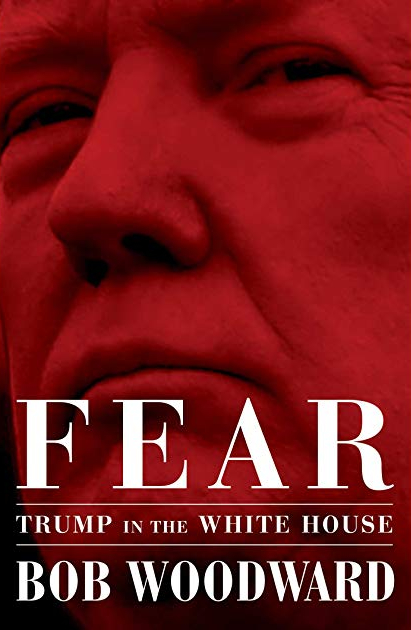
Double Down: Game Change 2012 by John Heilemann (Non-fiction, 2013)
Double Down, about Barack Obama’s 2012 presidential victory, is a sentimental trip back to the time when the US, and the world, looked like a place where reason could prevail.
Presidents of War by Michael Beschloss (Non-fiction, 2018)
Michael Beschloss writes about the US president’s most sacred duty – and it makes Donald Trump’s imbecilic nature shine through even more.
Fear: Trump in the White House by Bob Woodward (Non-fiction, 2018)
Bob Woodward’s Fear is an essential guide through this time – and should have opened the eyes of the entire American country. Still mystified by the fact that it didn’t. All three of these books are catnip for any US politics junkie.
LEILA DOUGAN
Multimedia Miracle-Worker
The God of Small Things by Arundhati Roy (Fiction, 1997)
Even though Roy has a more recent novel out – The Ministry of Utmost Happiness (Fiction, 2017) – her debut is a wonderful book to read once again, to experience the rich characters, beautiful (yet heavy) storyline and little details that I missed the first time around.
REBECCA DAVIS
Conscientious Objector
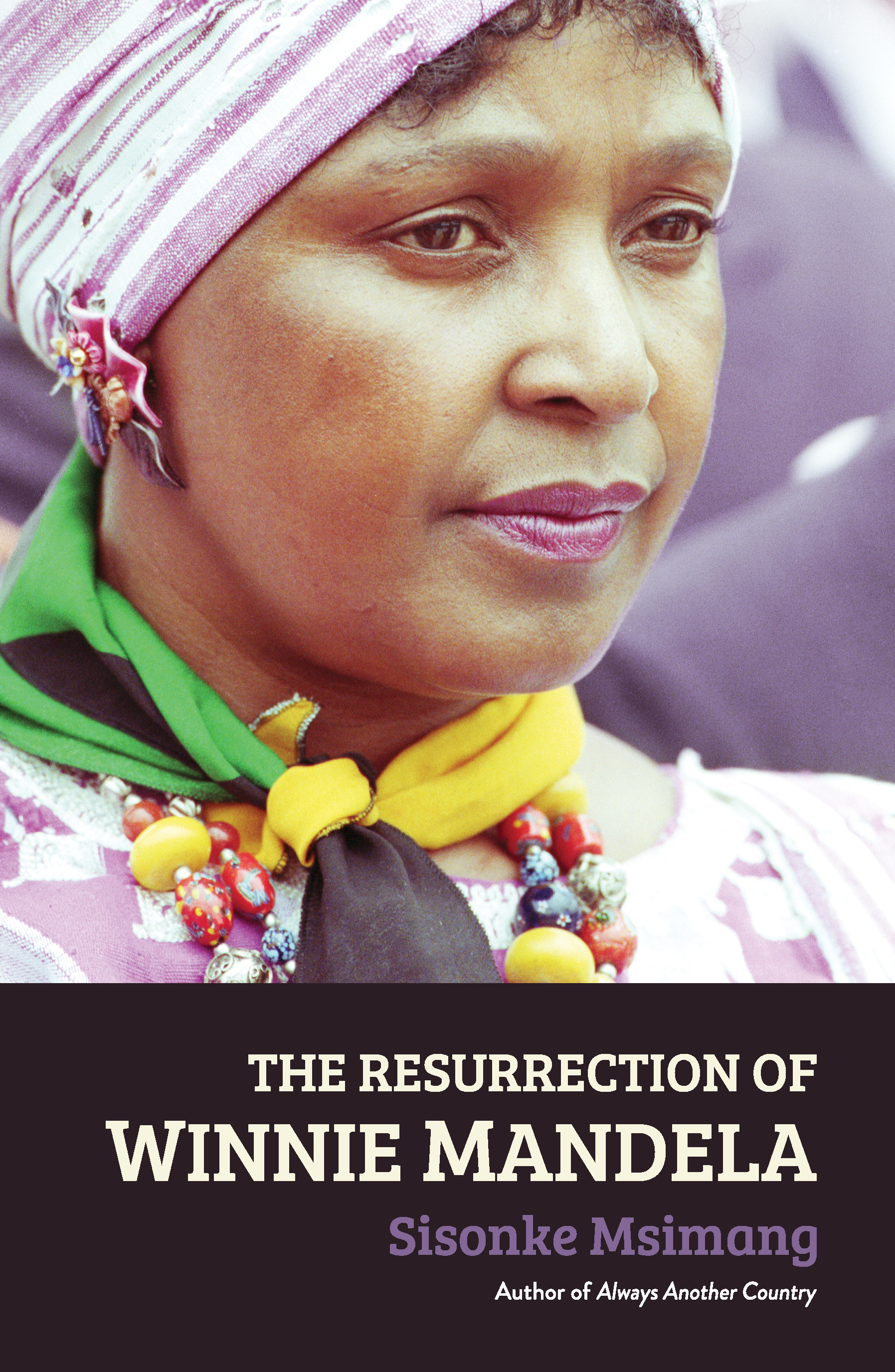
It’s finally time to come out in public: I have a morbid fascination with the British royal family. If you suffer from the same affliction, Ma’am Darling: 99 Glimpses of Princess Margaret by Craig Brown (Non-fiction, 2017) is the book for you. It’s a collection of 99 vignettes about the Queen’s late sister, most of which lay bare Princess Margaret’s almost heroic rudeness and aggressively unlikeable personality. It is genuinely hilarious, and also fascinating – who knew that Picasso was sexually obsessed with Princess Margaret? True story.
I’ve just started Sisonke Msimang’s The Resurrection of Winnie Mandela (Non-fiction, 2018) and am already enamoured. Msimang makes no bones about the fact that her project is to resuscitate the legacy of Winnie Mandela, but this is no polemic. Msimang is a master of nuance – often sorely lacking from our current political discourse – and her prose always sings with the kind of unforced lyricism that makes other writers green with envy.
JILLIAN GREEN
Herder of Writer-Cats: Johannesburg
Anthony Doerr’s All the Light we Cannot See (Fiction, 2014) tells the story of a blind French girl and a German boy whose paths collide in occupied France as both try to survive the devastation of World War II. Winner of the 2015 Pulitzer prize for fiction, Doerr’s work explores “human nature and the contradictory power of technology”.
Images dance across the page as the story unfolds with a pace that sometimes leaves you breathless. Inspired by the horrors of World War II, the novel illuminates how, despite the odds, people try to be good to one another, even in the most unlikely scenarios. If life was long, and my reading list short, I would definitely dive into this one again. Prepare for a story that stays with you long after the last page has been turned.
The Immortal Life of Henriette Lacks by Rebecca Skloot (Non-fiction, 2010)
If you have ever been to the doctor, taken any medicine or been given a vaccine, you should know the story of Henriette Lacks. Lacks, known by scientists as HeLa, was a poor black tobacco farmer whose cells, harvested without her knowledge or consent in 1951, became the most important tools in medicine, vital for developing the polio vaccine, cloning, gene mapping, in vitro fertilisation, and more. Yet despite the fact that her cells have been bought and sold for billions, and the impact she would have on science and medicine, she died in poverty, unknown and her contribution unrecognised.
The Immortal Life of Henrietta Lacks tells the story of the collision between ethics, race, and medicine; of scientific discovery and faith healing; and of a daughter consumed with questions about the mother she never knew.
Inextricably connected to the dark history of experimentation on African-Americans, the birth of bioethics, and the legal battles over whether we control the stuff we’re made of, prepare to be left fuming by the time you are done.
FERIAL HAFFAJEE
Household Name
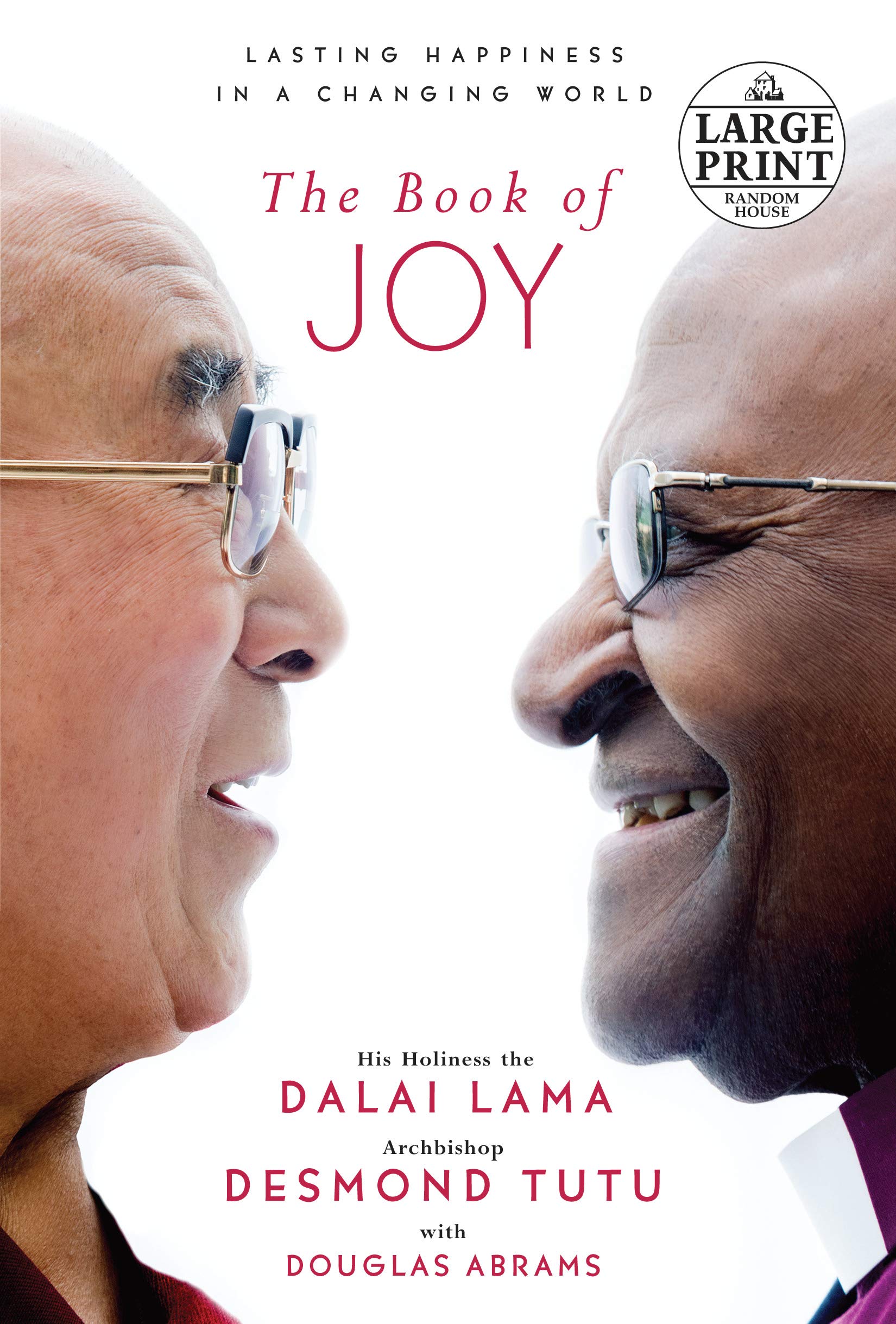
The Book of Joy: Lasting Happiness in a Changing World by the Dalai Lama and Desmond Tutu (Non-fiction, 2016)
The Book of Joy has long been on my reading list. It’s a recording of the philosophies of the Dalai Lama and the Arch, based on conversations with and between them. It’s a delight; packed with true wisdom.
The Shadow State: The Politics of State Capture by Ivor Chipkin and Mark Swilling (Non-fiction, 2018)
The Shadow State has helped me understand, track and write about the awful decade of kleptocracy that we are are painfully emerging from.
TONY JACKMAN
Copy Alchemist
This is a bit awkward, because I haven’t read this book. I would’ve read it had I lived in the kind of universe where people have time to read books between the 22,000 words a night that I do read but which are not (yet) in books. But even though I have not read it, I know lots of people who have – okay, I’ve dipped into it a bit here and there – and I am sure that it ought to be in these year-end lists. Not least because it’s about the Cradock Four and written by a scion of the (Fort) Calata family. It’s on the desk, here, right next to me. I’ve just reached out and touched it. (It’s a bit dusty.)
It’s My Father Died for This, by Lukhanyo and Abigail Calata (Non-fiction, 2018), and it is by far the best book that I haven’t had time to read this year. DM
Some Daily Maverick staffers were too maverick-y to submit their book choices on time, but they’re still employed here.



















 Become an Insider
Become an Insider